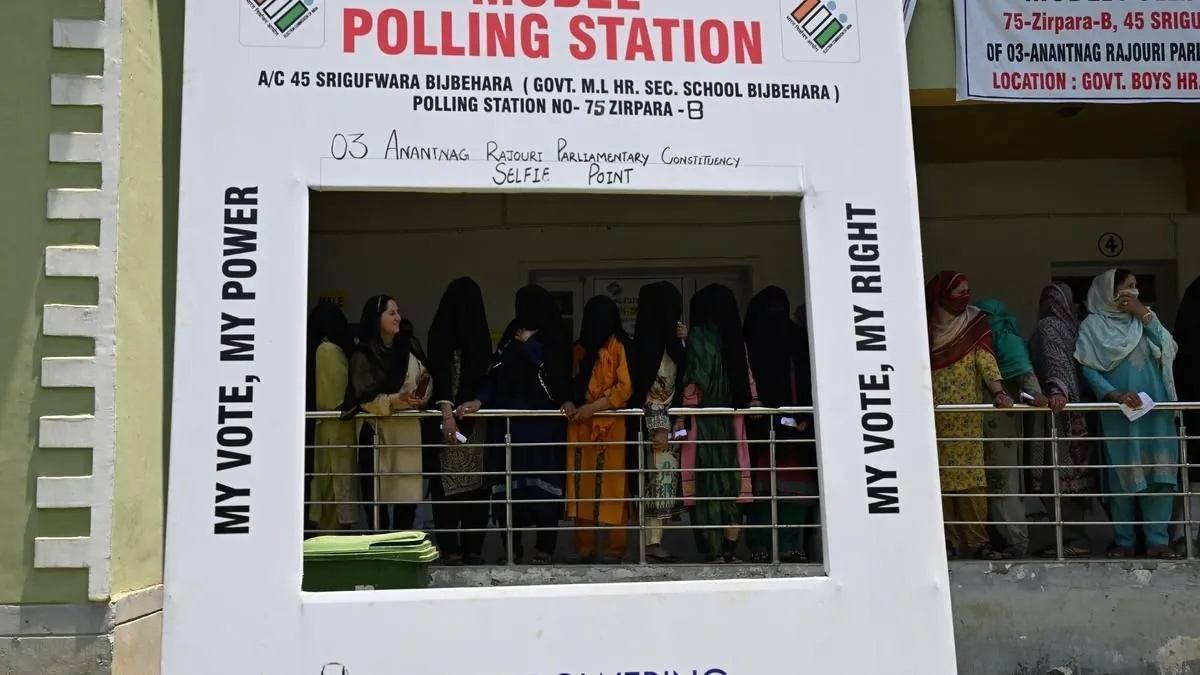Kashmir's Crucial Vote: Residents Weigh Electoral Participation After Decade-Long Gap
Kashmir prepares for its first local election in ten years, with residents considering voting to oppose Modi's policies. The poll offers limited local governance but raises concerns about its impact on the region's status.

In a significant development, Indian-controlled Kashmir is set to hold its first local election in a decade on 2024-09-18. This vote comes five years after Prime Minister Narendra Modi's government altered the region's special status, transforming it from a state to a federally governed territory.
The election presents a complex scenario for Kashmir's residents. Historically, boycotting polls was a form of protest against Indian rule. However, this time, many are contemplating participation as a means to prevent Modi's party from gaining control in the disputed region.
"Boycotts will not work in this election. There is a desperate need to end the onslaught of changes coming from there (India)."
The election will establish a truncated local government with limited powers, as Kashmir remains under the classification of a "Union Territory." While the elected assembly will have some control over areas such as education and taxation, crucial matters like policing will remain under federal jurisdiction.
This electoral process unfolds against the backdrop of Kashmir's rich and complex history. The region, known for its breathtaking landscapes often referred to as "Paradise on Earth," has been a point of contention between India and Pakistan since 1947. The dispute has led to three wars and ongoing tensions, with the Siachen Glacier becoming the world's highest battleground.
The election is scheduled in three phases, concluding on 2024-10-01, with results expected on 2024-10-08. It has drawn participation from various pro-India Kashmiri parties and even some lower-rung separatist leaders running as independents.
Noor Ahmed Baba, a political scientist, notes that while the election may not fundamentally alter the Kashmir dispute, its outcome could be crucial for regional dynamics. A win for local parties might pressure the central government, while a BJP victory could validate the 2019 changes.
Kashmir's unique cultural tapestry, influenced by Hindu, Buddhist, and Islamic traditions, is reflected in its handicrafts, cuisine, and languages. The region's economy, primarily based on agriculture, tourism, and crafts like Pashmina shawls, faces challenges, with a literacy rate of 68%, below the Indian national average.
As the election approaches, residents express hope for some relief from direct rule and a chance to voice their concerns. While the poll won't resolve the larger dispute, it represents a rare opportunity for Kashmiris to engage with the political process and potentially influence their immediate governance.


































